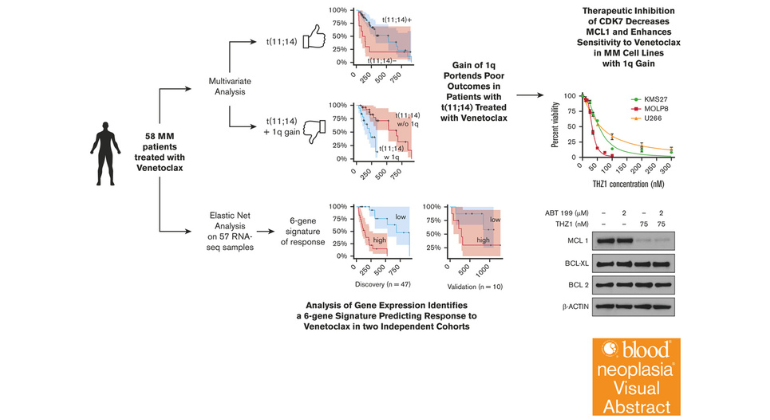Small Change in Electronic Health Record Can Reduce Unnecessary Imaging for Advanced Cancer Patients
A small change in an advanced cancer patient’s electronic health record can cut the use of unnecessary daily imaging during palliative radiation therapy by more than half, according to a JAMA Oncology study published in June.
Daily imaging is common before radiation treatments. National guidelines recommend that patients with advanced cancer who are receiving palliative radiotherapy only undergo imaging once a week, though many practices continue daily imaging, which can prolong appointments for patients who are often in pain due to their cancer.
Applying principles from behavioral economics, this trial of more than 1,000 patients introduced a default prescription order into the electronic health record that specified no daily imaging for palliative cases. Providers retained the ability to opt out of the default when clinically necessary.
“This small nudge meaningfully reduced unnecessary, low-value care for patients with advanced cancer,” said the study’s senior author, Sonam Sharma, MD, an assistant professor of radiation oncology at the Icahn School of Medicine at Mount Sinai. “These patients benefit from shorter appointments to reduce their discomfort and pain from metastatic cancer.”
This study was conducted while Dr. Sharma was at the Perelman School of Medicine at the University of Pennsylvania. It was funded in part by grants from the National Cancer Institute (K07-CA163616) and by the University of Pennsylvania Health System through the Penn Medicine Nudge Unit and the Department of Radiation Oncology.
About the Mount Sinai Health System
Mount Sinai Health System is one of the largest academic medical systems in the New York metro area, with 48,000 employees working across seven hospitals, more than 400 outpatient practices, more than 600 research and clinical labs, a school of nursing, and a leading school of medicine and graduate education. Mount Sinai advances health for all people, everywhere, by taking on the most complex health care challenges of our time—discovering and applying new scientific learning and knowledge; developing safer, more effective treatments; educating the next generation of medical leaders and innovators; and supporting local communities by delivering high-quality care to all who need it.
Through the integration of its hospitals, labs, and schools, Mount Sinai offers comprehensive health care solutions from birth through geriatrics, leveraging innovative approaches such as artificial intelligence and informatics while keeping patients’ medical and emotional needs at the center of all treatment. The Health System includes approximately 9,000 primary and specialty care physicians and 11 free-standing joint-venture centers throughout the five boroughs of New York City, Westchester, Long Island, and Florida. Hospitals within the System are consistently ranked by Newsweek’s® “The World’s Best Smart Hospitals, Best in State Hospitals, World Best Hospitals and Best Specialty Hospitals” and by U.S. News & World Report's® “Best Hospitals” and “Best Children’s Hospitals.” The Mount Sinai Hospital is on the U.S. News & World Report® “Best Hospitals” Honor Roll for 2024-2025.
For more information, visit https://www.mountsinai.org or find Mount Sinai on Facebook, Instagram, LinkedIn, X, and YouTube.

Mount Sinai Study Advances Understanding of Personalized Vaccines for Bladder Cancer
May 12, 2025 View All Press Releases
Mount Sinai Researchers Discover How Melanoma May Spread to the Brain
Apr 30, 2025 View All Press Releases
Mount Sinai Showcases Innovative Cancer Research at 2025 AACR Annual Meeting in Chicago
Apr 24, 2025 View All Press Releases
Mount Sinai Leads Phase 3 Trial in Myelofibrosis Treatment
Mar 19, 2025 View All Press Releases
Mount Sinai Researchers Discover Why Some Colon Cancers Resist Treatment
Feb 12, 2025 View All Press Releases
Breakthrough Treatment for Liver Cancer Shows Big Promise in Global Study
Jan 09, 2025 View All Press Releases
Mount Sinai Researchers Create AI Tool to Democratize Access to Cancer Immunotherapy
Jan 06, 2025 View All Press Releases
